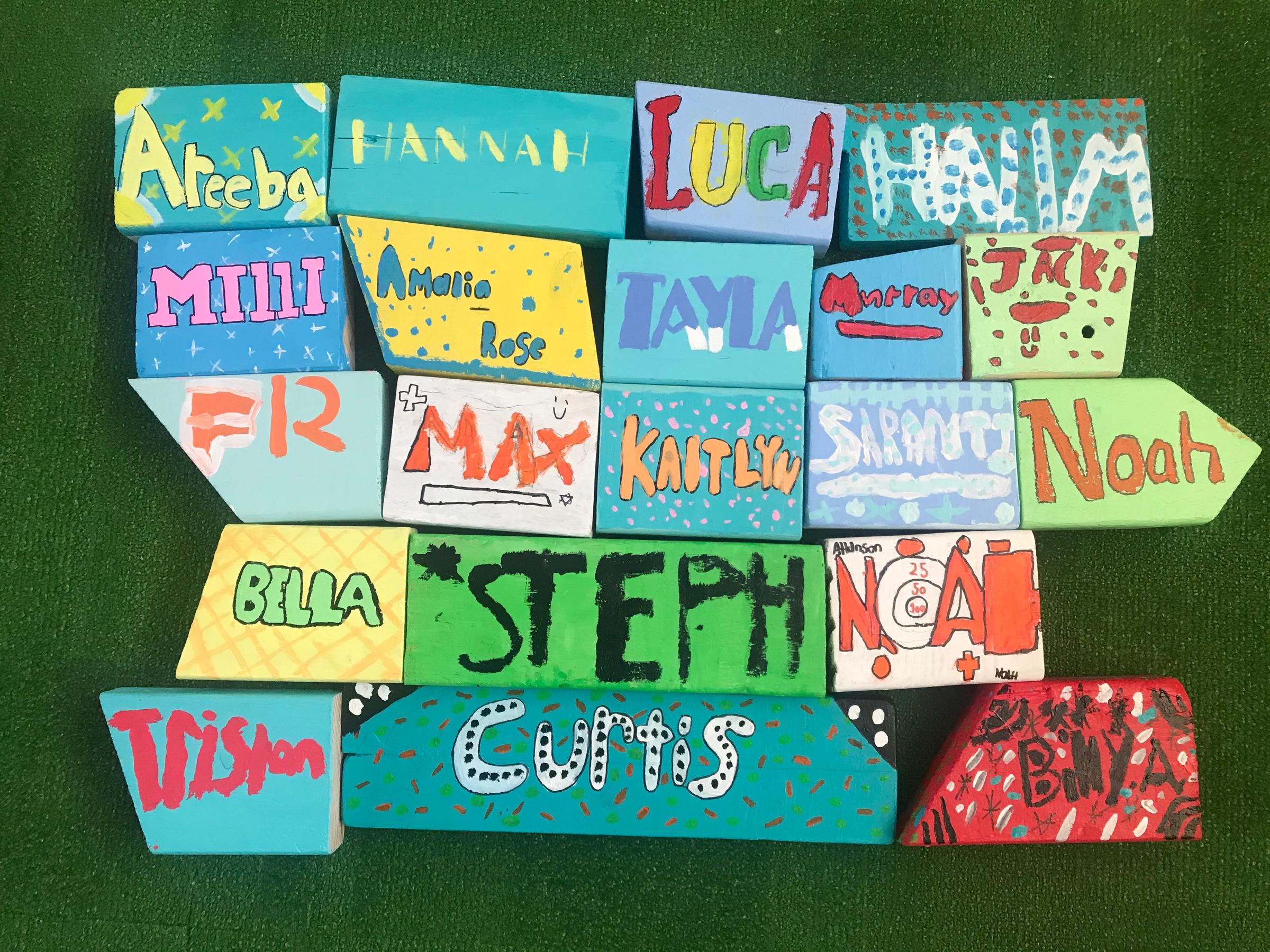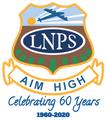Languages

Languages
German and Greek lessons at LNPS will focus on students learning to communicate in the target language by interacting with one another in relevant situations using authentic materials. We will be practicing listening, speaking, reading and writing skills utilising a variety of learning styles.
Students will engage in a range of listening and viewing activities to introduce vocabulary. They will be encouraged to read for meaning and apply their language knowledge and skills to decode unknown words and predict meanings. Students will write more accurately and fluently for a wider range of purposes and audiences.
Observing similarities and differences between languages will assist students to take risks when creating texts and thus extend their language. Explicit teaching of grammar will support students to build their knowledge of sentence structures and enable them to express their ideas more precisely and in greater detail. Learning about the culture and traditions will both enhance and complement the language practice.
Students will participate in structured, collaborative tasks which both revisit and extend the language, working both individually and in groups. Language concepts and resources will be provided to manage and complete tasks and a range of spoken, written, visual and interactive resources such as YouTube clips and digital games will enhance self-monitoring and reflection.
Students will explore cultural elements of communication, and use information and communication technologies (ICT) to support their learning. A Google Classroom has been set up for students to access language materials outside of the lesson time and extend learning beyond the classroom.
Lisa Mudge (German) and Voula Pagonis (Greek)
